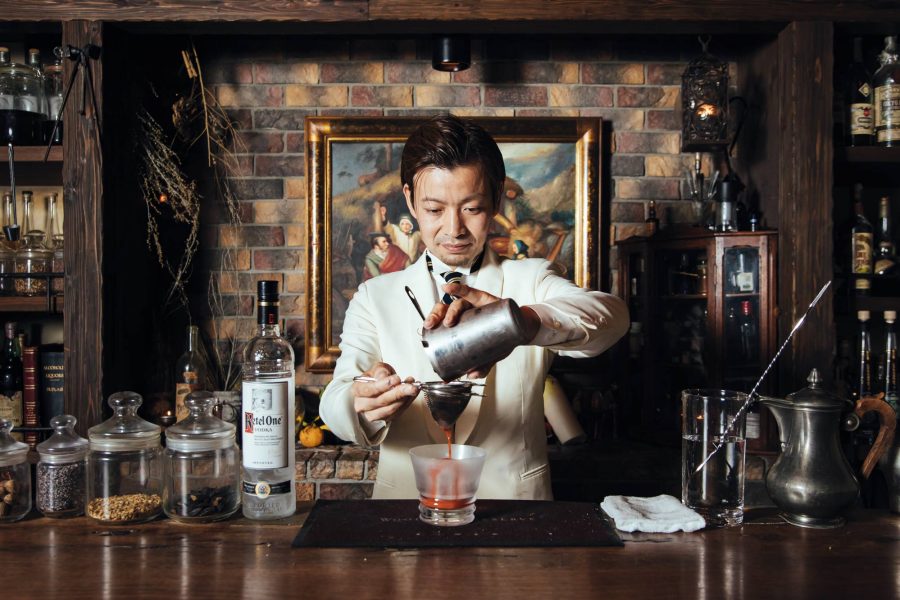I’ve been lost for a good 20 minutes in a residential corner of Tokyo before I finally find Yakushu Bar Sangenjaya. Bartender Nanako Hanamura is impressed that I’ve managed to track down her bar at all.
‘How the hell did you find us?’ she asks. The place is tiny, no more than a few seats at a counter – more like the microbars of Shinjuku’s Golden Gai. It’s the kind of place the owner set up so they could drink with their friends without having to leave the house. Countless glass jars line the shelves – each with a hand-written label in Japanese, each half-full of a different mysterious ingredient, steeped in clear liquid.
I need a drink. But not just any drink. It’s for my health, you see. I’m here to be cured. I’m here for these jars of yakushu.
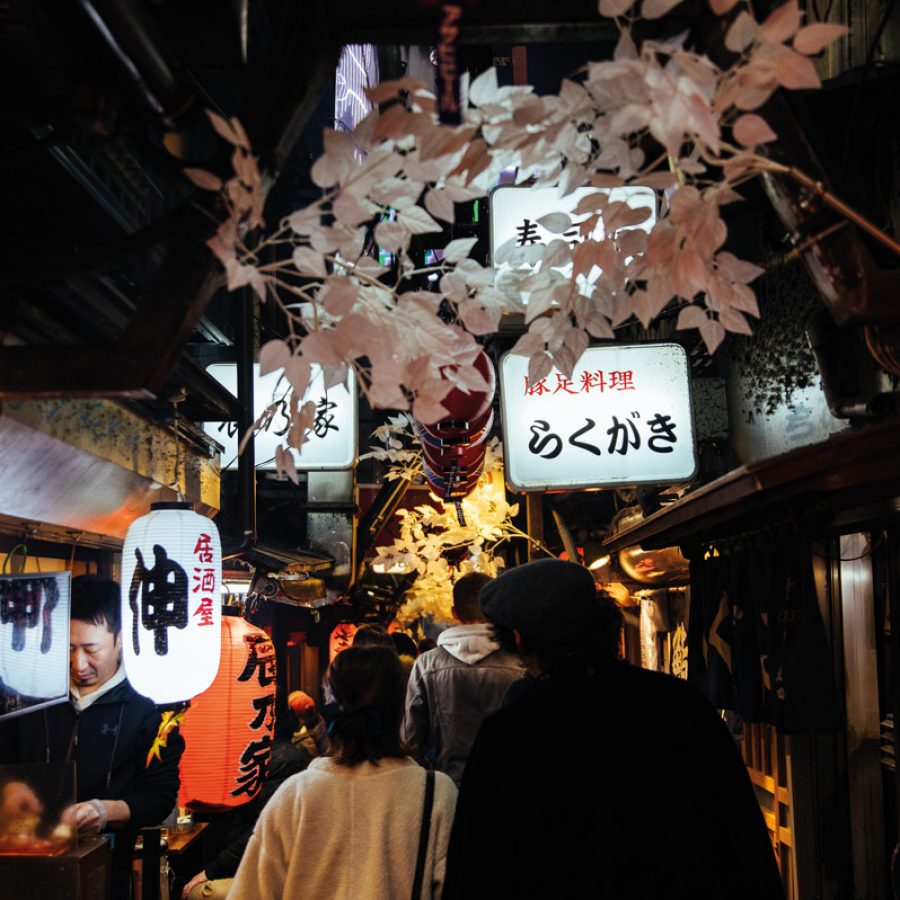
Credits: Andrew Faulk
Yakushu means ‘medicinal alcohol’. They’re preparations of medicinal herbs, flowers or more outlandish ingredients, steeped in alcohol – most commonly shochu, the Japanese distilled liquor. The ingredient flavours the alcohol, and the booze unlocks its benefits. Supposedly.
This isn’t a new thing: medicinal alcohol has been in use as long as mankind has had alcohol and medicine, and Yakushu Bar Sangenjaya has been serving these tinctures since 2006.
But yakushu has become increasingly popular in the Japanese capital of late. A health-conscious Tokyo is looking to the past for inspiration, and it’s turning yakushu from boring old nightcap into trendy new concoction.
The approach appeals to me. I struggle with traditional Chinese medicine because it’s usually served as a hot, bitter soup – but if you could infuse all that herbal goodness into a shot of booze, then what’s not to like?
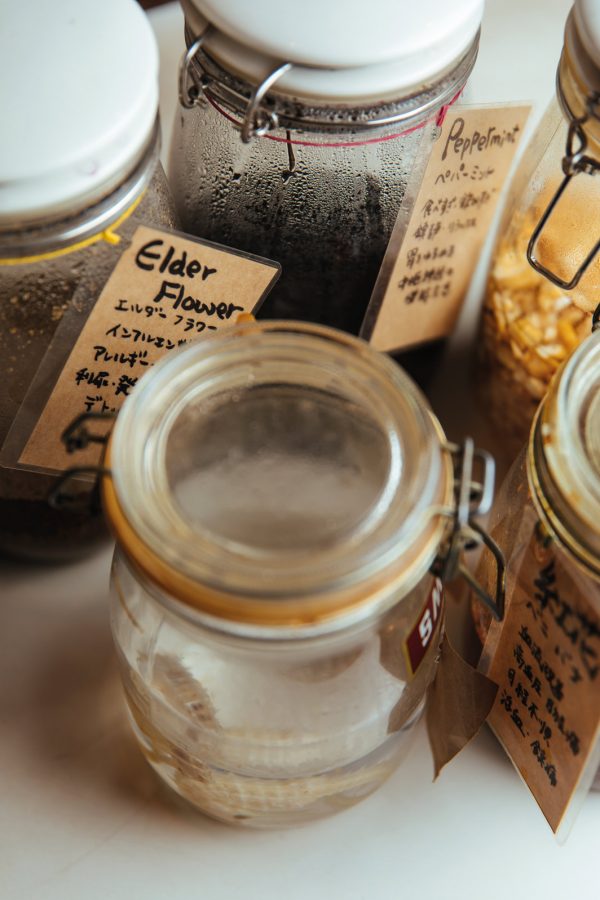
Credits: Andrew Faulk
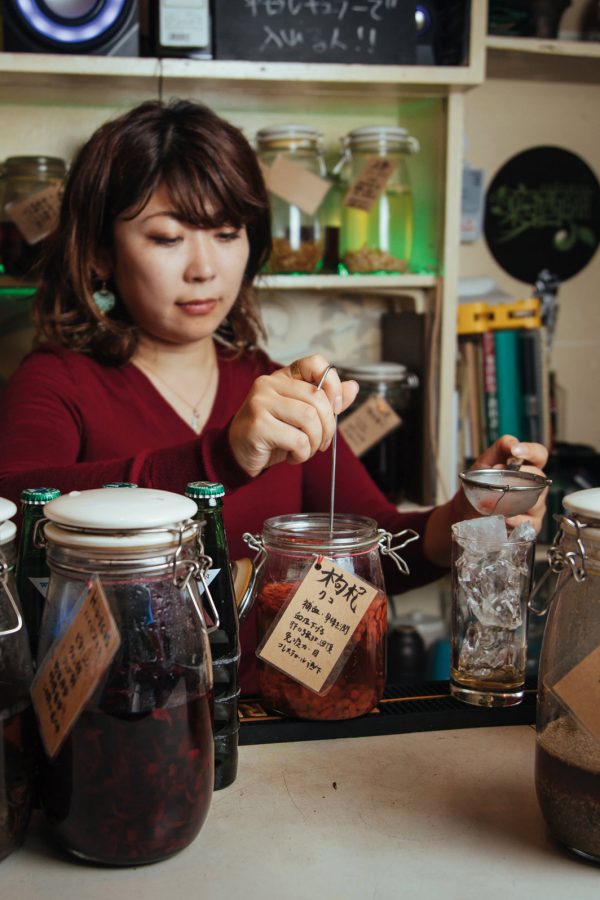
Credits: Andrew Faulk
But what to have? What are my symptoms, and how can they be alleviated? I have to rely on bartender Hanamura, who suggests an easy starter drink: shiso leaf (also known as perilla), said to help with anxiety and stress. It’s the ideal holiday detox.
She pops the jar open and strains a couple of ladlesful into a glass over ice. A gentle note of shiso rises up. Light, fragrant and aromatic, it’s far from the bitter brews I’m used to in Asian medicine. Three of these, and the stress of finding the place would be a distant memory.
Hanamura explains that all of her 40-some kinds of yakushu are made in-house. ‘The base is mostly shochu, and some whisky, too. Sometimes I make liqueurs with rum or tequila – we can make yakushu with any spirit,’ she says. While in the past you might have knocked back a shot of the stuff, these days the drinks are for sipping. For the stronger medicinal brews, a touch of ginger ale alleviates the bitterness. For the more floral ones, some tonic provides contrast.
Alongside the jars full of goji berry (for the liver), ginger (for perspiration and digestion) and seaweed (good for the immune system and lowering cholesterol), is a jar of pungent shochu where a snake lies coiled at the bottom. It’s purported to have an invigorating effect on – what else? – the male libido. ‘Flowers and leaves need about three days to steep, but roots and seeds – especially dry and hard seeds – are better to leave for about a month,’ explains Hanamura. ‘Snakes you should leave for a year.’ That probably explains the smell.
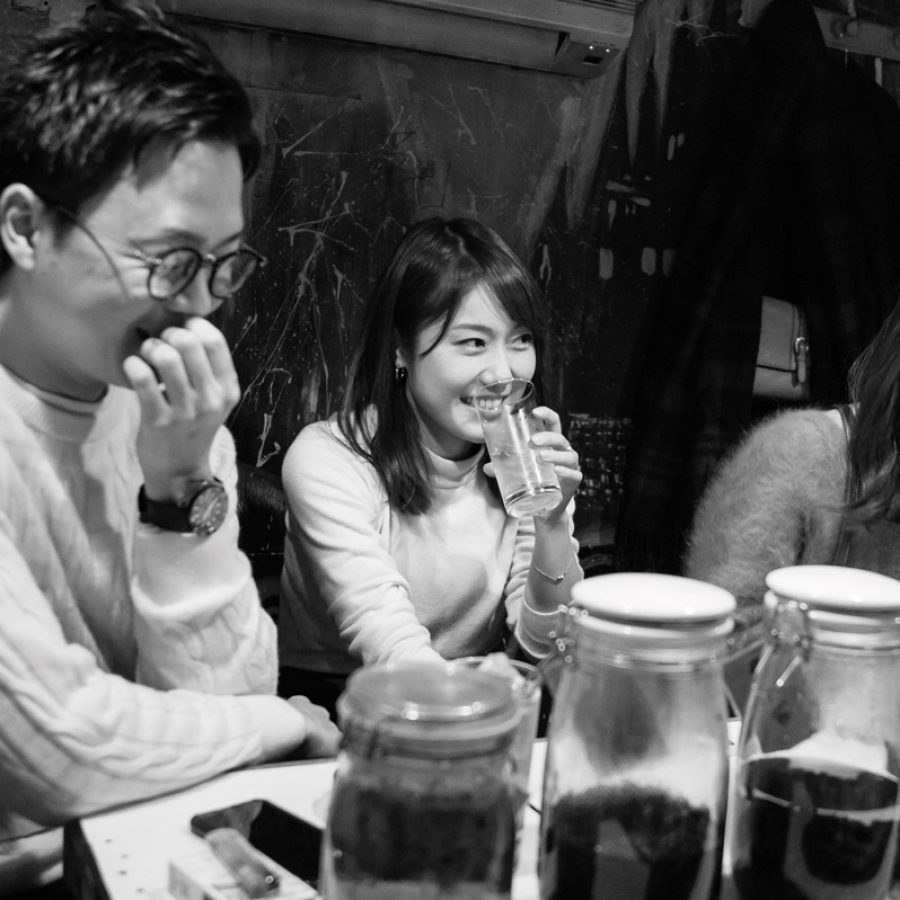
Credits: Andrew Faulk
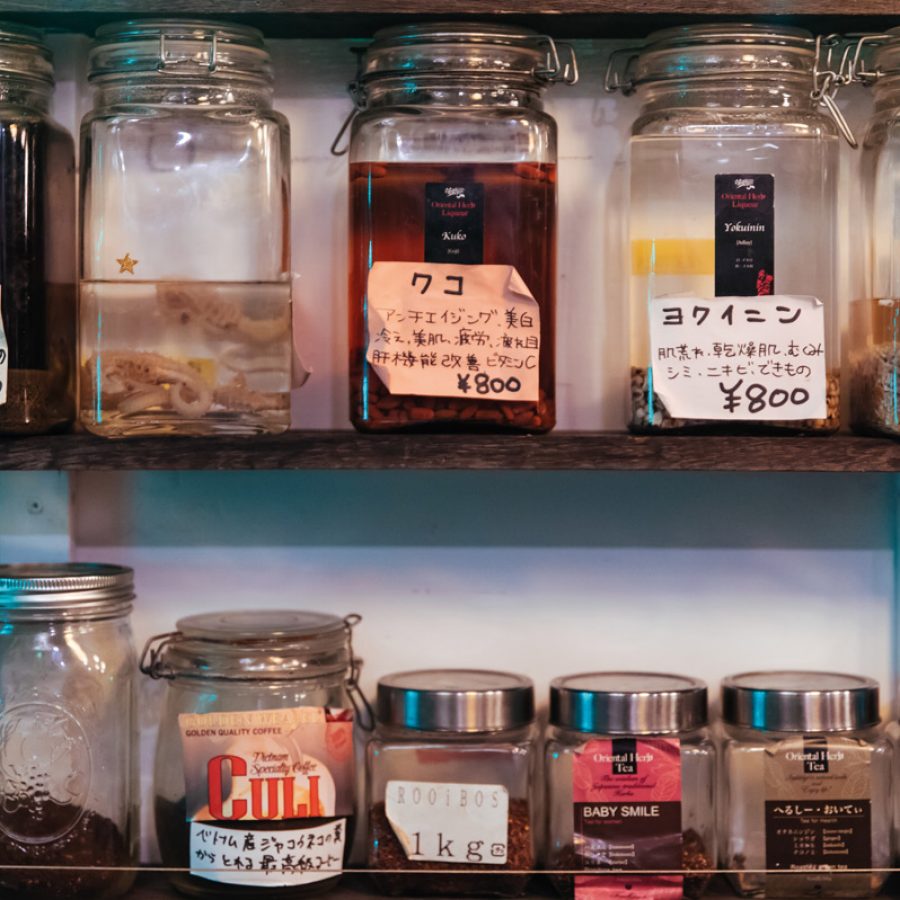
Credits: Andrew Faulk
Medicine is what you make of it. In Asakusa, Bonji Bar stocks three-snake liquors and homemade peyote tequila: it’s all natural, I would argue. But I stick to less psychoactive forms of self-medication, and so seek out Hiroyasu Kayama: less medicinal drinks maker, more alcoholic alchemist. He’s the owner of Bar Ben Fiddich, on the ninth floor of a nondescript building in Shinjuku. In this dark, woody space, jars of yakushu infusions and dry ingredients sit above antique bottles of triple sec, absinthe and pastis. With these tools Kayama creates precise, flawless cocktails in the Japanese mode – with a side order of intricate herbalism.
He crumbles dried wormwood flowers straight from a branch into a cocktail shaker, explaining that for more than 10 years he’s been growing ingredients on his family farm in Saitama prefecture, north of Tokyo. He’s particularly keen on wormwood and all things absinthe. ‘It’s a small market in Japan, but I want to grow the market. I like the history, the aroma, the taste,’ he explains.
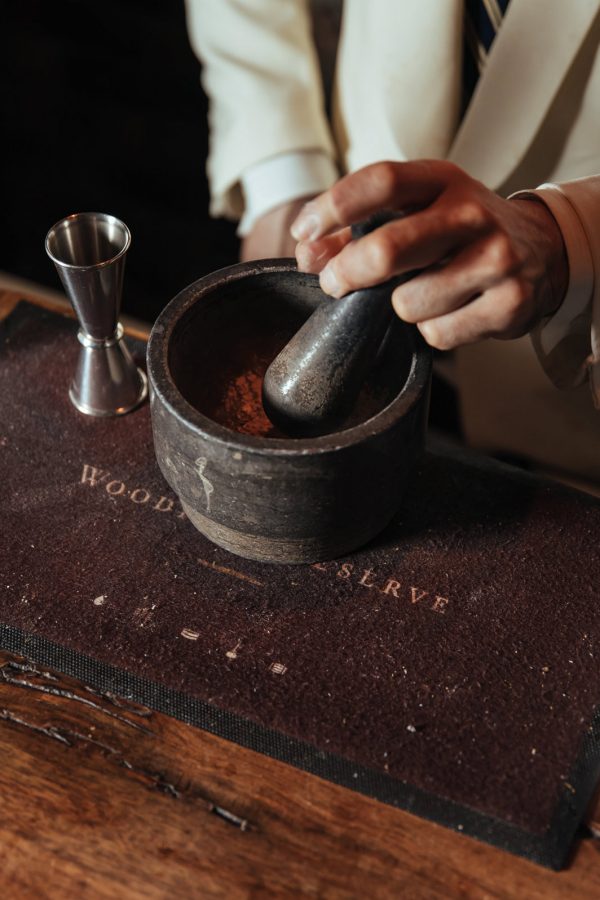
Credits: Andrew Faulk
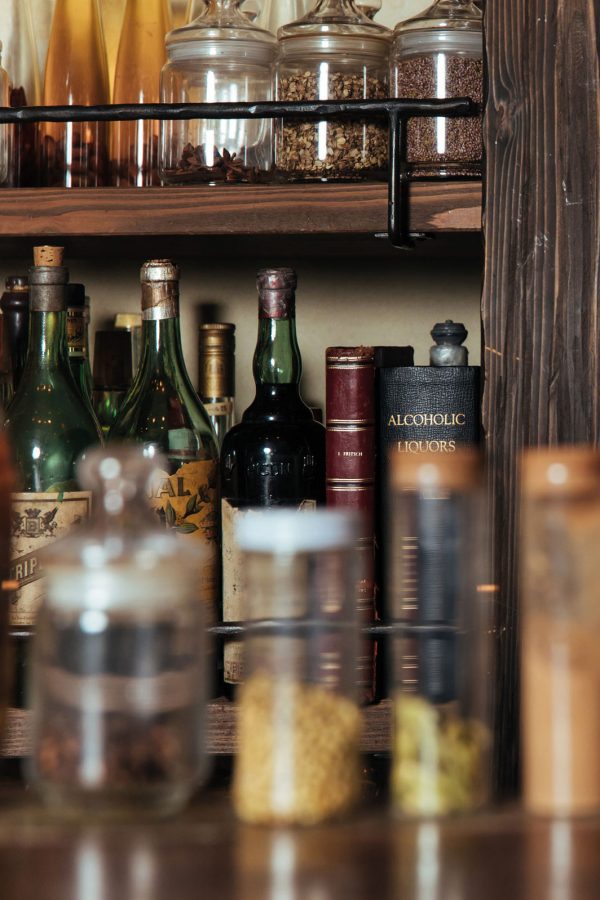
Credits: Andrew Faulk
I ask to try something interesting. He smiles and gestures to his assistant, who turns and pulls jar after jar of dry ingredients from the shelf, lining them up on the bar in front of me – at least 10 in total. Some of the contents I recognise – that’s coriander seed, cardamom, caraway, tonka bean – and many I don’t. There’s a whole host of vague roots and rhizomes. (Calamus, angelica and senburi, I later discover. They’re good for indigestion and heart health, among other things.)
Kayama pulls out a pestle and mortar and gets to work: a little of this, a sprinkle of that. He shakes in a few brown lumps, explaining that they’re cochineal beetles – the critters originally used to create red carmine dye. A brief grind and then a measure of vodka, and this muddy mix transforms, blooming into luscious, blood-red life. He shakes, strains and pours my brew into an iced glass, topped up with tonic and presented with an understated flourish: ‘My fresh Campari cocktail.’
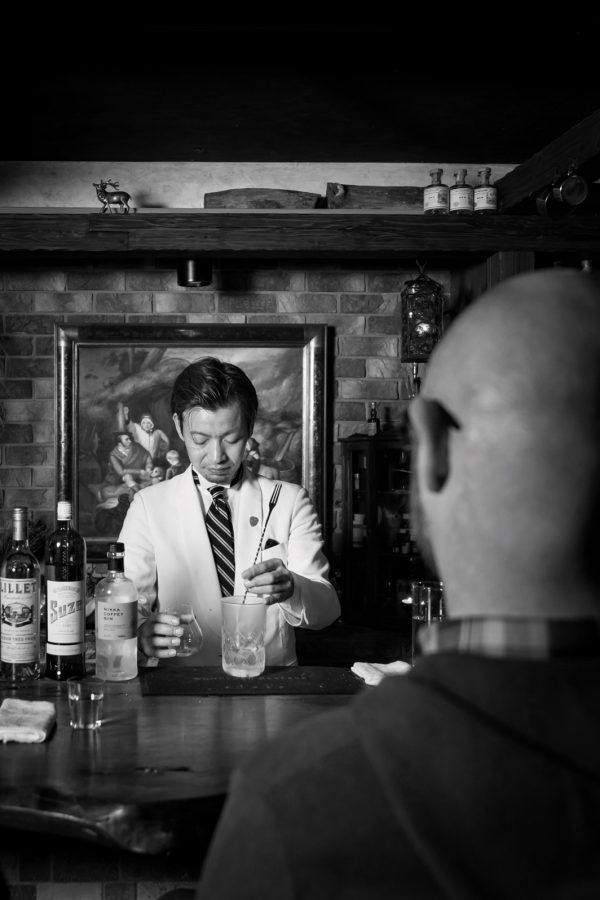
Credits: Andrew Faulk
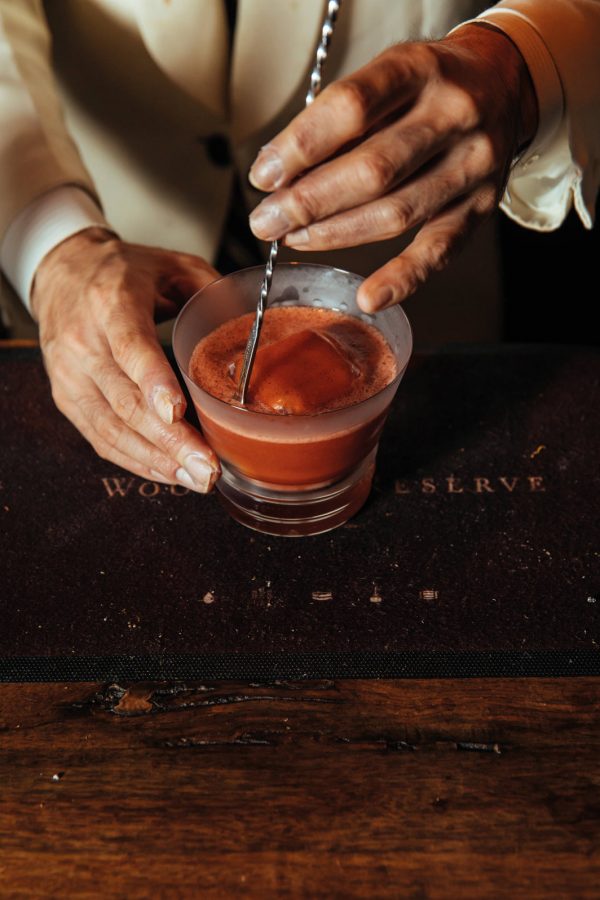
Credits: Andrew Faulk
How does it taste? Extraordinary. There are many of the notes you’d expect from a Campari soda, but it’s fresher. The ingredients swirl around each other, and in fleeting moments I can distinguish the individual flavours – a touch of cardamom, a gritty woody note – before they dance away again.
The neon charm of Shinjuku is a universe away. At the bottom of this mortar and pestle, at the bottom of this glass, a deep calm descends. I ask Kayama about the thinking behind his botany-led approach to cocktails. His answer is simple. ‘Taste and history,’ he says. Take your ingredients, steep them for as long as you need, and let the benefits blossom.
As for what those benefits are – well, I don’t exactly feel cured just yet. But for the sake of ‘taste and history’, I’m willing to get another round in.
This story was originally published in February 2018 and updated in September 2020
Need to know
Yakushu Bar Sangenjaya
2 Chome-13-20 Sangenjaya, Setagaya
Bonji Bar
3 Chome-36-4 Asakusa, Taitō
Bar Ben Fiddich
1 Chome-13-7 Nishishinjuku, Shinjuku
Tokyo travel information
- China – the Chinese Mainland, Hong Kong SAR, Macao SAR and Taiwan Region
- Hong Kong SAR - English
- Chinese Mainland (China) - English
- Taiwan, China - English
- 香港特別行政區 - 繁體中文
- 中国內地 - 简体中文
- 中國台灣 - 繁體中文
- Africa
- South Africa - English
- Asia
- Bangladesh - English
- Korea - English
- Singapore - English
- Cambodia - English
- 한국 - 한국어
- Sri Lanka - English
- India - English
- Malaysia - English
- Thailand - English
- Indonesia - English
- Maldives - English
- ประเทศไทย - ภาษาไทย
- Indonesia - Bahasa Indonesia
- Myanmar - English
- Vietnam - English
- Japan - English
- Nepal - English
- Việt Nam - tiếng Việt
- 日本 - 日本語
- Philippines - English
- Australasia
- Australia - English
- New Zealand - English
- Europe
- Belgium - English
- France - Français
- Россия - Русский
- Denmark - English
- Ireland - English
- Schweiz - Deutsch
- Deutschland - Deutsch
- Italia - Italiano
- United Kingdom - English
- España - Español
- Nederland - Nederlands
- Middle East
- Bahrain - English
- Saudi Arabia - English
- United Arab Emirates and Qatar - English
- Israel - English
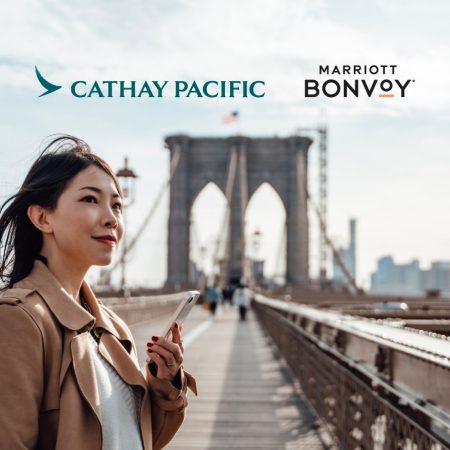




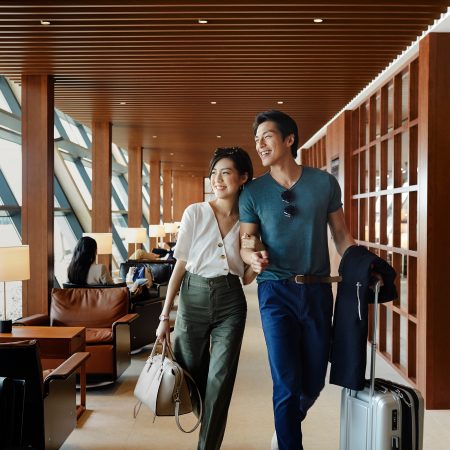
.renditionimage.450.450.jpg)


